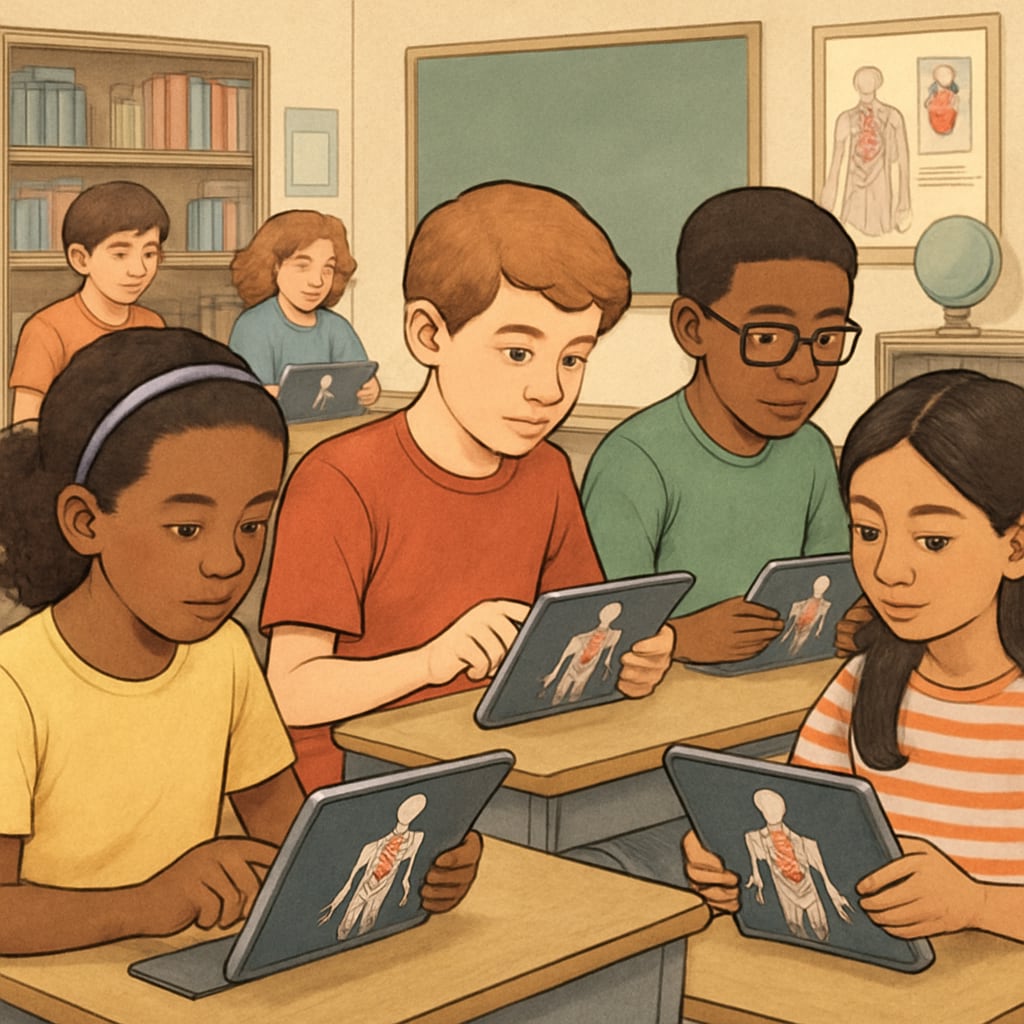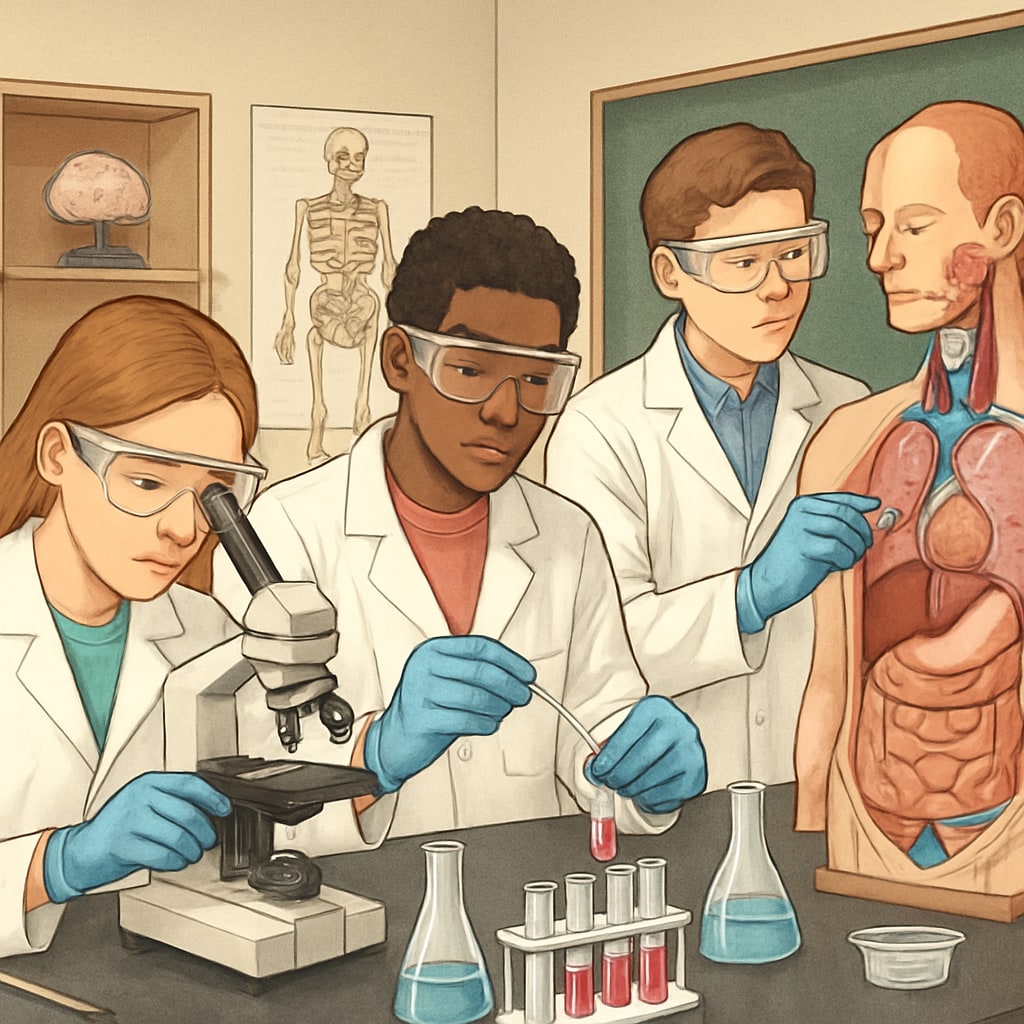Medical education for non-medical background students through online courses has become increasingly accessible in today’s digital learning landscape. For K12 students showing interest in specialized fields like medicine or engineering, these resources provide valuable opportunities to explore beyond their standard curriculum. According to a study published in the National Library of Medicine, early exposure to medical concepts significantly influences career choices among adolescents.
Age-Appropriate Medical Learning Resources
When introducing medical education to young learners, it’s crucial to select materials that match their cognitive development level. Here are some effective approaches:
- Interactive anatomy apps with 3D models (e.g., Complete Anatomy)
- Simplified medical case studies designed for teenagers
- Virtual lab simulations that demonstrate basic biological processes

Structured Online Learning Pathways
For students committed to deeper exploration, structured online courses offer systematic knowledge building. Platforms like Coursera and edX provide beginner-friendly medical courses with the following advantages:
- Self-paced learning accommodates school schedules
- Verified certificates validate completed coursework
- Discussion forums connect learners with global peers
However, educators should note that some advanced medical content may require prerequisite knowledge. Therefore, starting with fundamental biology and chemistry courses often yields better results.
Supporting Cross-Disciplinary Exploration
Medical education naturally intersects with other STEM fields. Encouraging students to explore these connections enhances their understanding. For example:
- Mathematics in medical imaging technology
- Physics principles in surgical equipment design
- Computer science applications in electronic health records

By integrating medical education with other disciplines, students develop a more comprehensive perspective of healthcare professions. This approach also helps them identify specific areas of interest within the vast medical field.
Practical tip: Schools can organize virtual hospital tours or arrange video conferences with medical professionals to provide authentic career exposure. These experiences, combined with online medical education resources, create powerful learning opportunities for non-medical background students.


